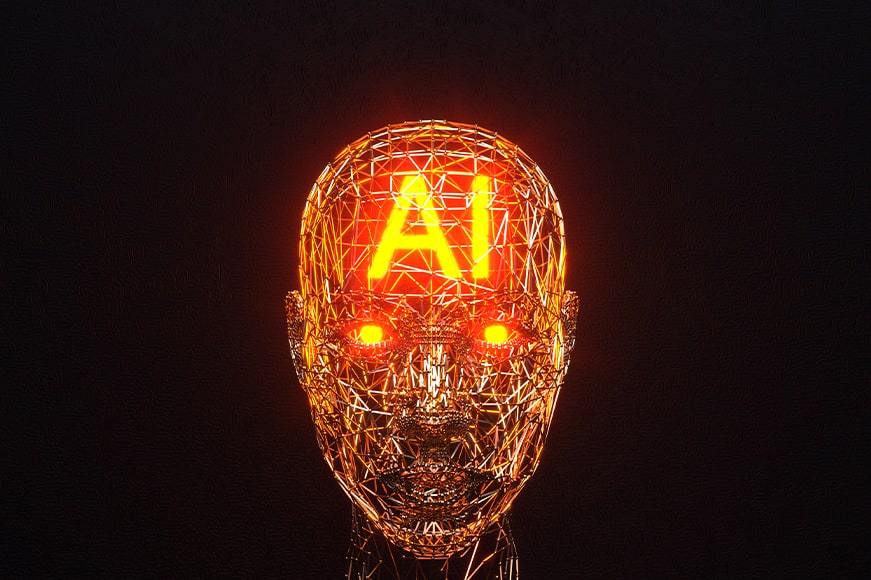Artificial Intelligence (AI) - Challenges

In the rapidly evolving landscape of technology, Artificial Intelligence (AI) stands as a transformative force, promising unprecedented opportunities while simultaneously presenting complex challenges. This comprehensive exploration delves into the multifaceted realm of AI, dissecting the potential it holds for various sectors and acknowledging the ethical and societal challenges that accompany its integration.
Understanding Artificial Intelligence: A Primer
At its core, AI refers to the development of computer systems capable of performing tasks that typically require human intelligence. Machine learning, neural networks, and advanced algorithms empower AI systems to analyze vast datasets, recognize patterns, and make informed decisions without explicit programming.
Opportunities Unleashed by AI:
- Enhanced Efficiency: AI automates routine tasks, streamlining processes, and allowing human resources to focus on more complex and creative endeavors.
- Innovation Acceleration: AI fosters innovation by enabling machines to learn from experiences, adapt to changing scenarios, and propose novel solutions.
- Improved Decision-Making: AI's ability to analyze large datasets facilitates data-driven decision-making, enhancing accuracy and efficiency in various fields, from healthcare to finance.
- Personalized Experiences: AI algorithms power recommendation systems, delivering personalized content, products, and services based on user preferences and behaviors.
Challenges on the Horizon:
- Ethical Dilemmas: The use of AI raises ethical concerns, particularly regarding bias in algorithms, privacy infringement, and the potential for job displacement.
- Transparency and Accountability: The opacity of AI decision-making processes poses challenges in holding AI systems accountable for their actions, especially in critical applications like healthcare and criminal justice.
- Security Risks: The increasing complexity of AI systems makes them vulnerable to cyber threats and adversarial attacks, necessitating robust security measures.
- Social Impact: The widespread adoption of AI may exacerbate existing social inequalities, creating a digital divide and raising questions about the equitable distribution of benefits.
AI in Different Sectors: A Glimpse into the Future
- Healthcare: AI aids in diagnostics, drug discovery, and personalized treatment plans, revolutionizing patient care.
- Finance: AI enhances fraud detection, risk management, and customer service, optimizing financial operations.
- Education: AI enables personalized learning experiences, adaptive tutoring, and efficient administrative processes in education.
- Manufacturing: AI-driven automation improves efficiency, quality control, and predictive maintenance in manufacturing processes.
Navigating the Future of AI: A Collective Responsibility
As we navigate the uncharted waters of AI, it becomes evident that addressing its challenges and harnessing its opportunities requires a collaborative effort. Governments, businesses, academia, and the public must engage in a collective dialogue to establish ethical frameworks, ensure transparency, and mitigate potential risks.
Conclusion: Balancing the Equation
In conclusion, the potential of AI to reshape industries, drive innovation, and improve our lives is undeniable. However, it is crucial to approach its integration with a discerning eye, acknowledging and mitigating the challenges that may arise. By fostering responsible AI development and utilization, we can strive to unlock the full spectrum of benefits while safeguarding the well-being of society as a whole in the era of Artificial Intelligence.
No posts found
Write a reviewWhy trust this guide?
Why trust EKEYS
-
Instant DeliveryLicense in seconds
-
Secure CheckoutEncrypted & safe
-
Easy ActivationStep-by-step
-
Genuine Licenses100% authentic









